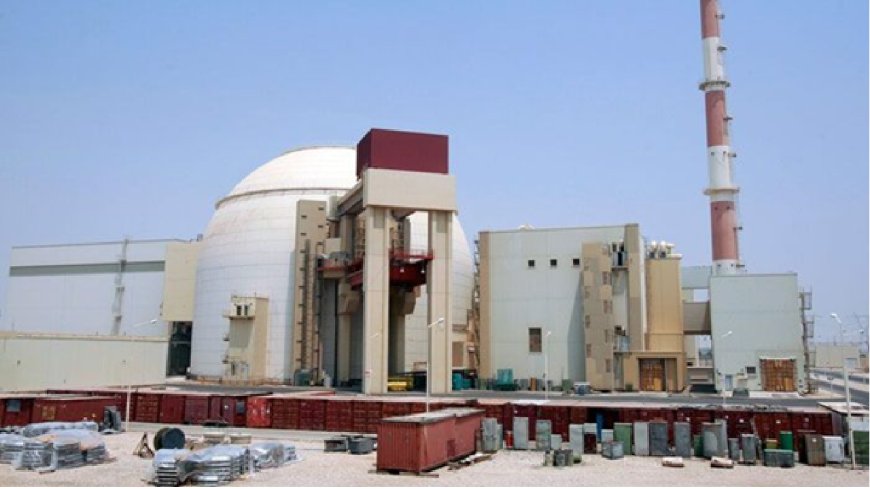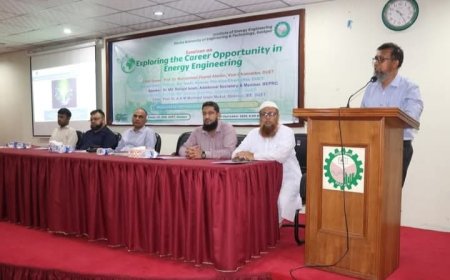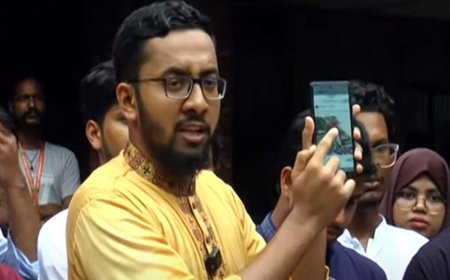Israeli Strikes Kill Six Iranian Nuclear Scientists; Uranium Enrichment Site Remains Intact

At least six Iranian nuclear scientists have been killed in Israeli airstrikes, according to a report by Qatar-based Al Jazeera citing Iran’s Tasnim News Agency. The deceased have been identified as Abdullah Minouchehr, Ahmad Reza Jalfaghari, Sayyed Amir Hossein Fakhhi, Motlabizadeh, Fereydoon Abbasi, and Mohammad Mehdi Tehranchi.
Earlier reports had already confirmed the deaths of Fereydoon Abbasi and Mohammad Mehdi Tehranchi. Abbasi, former head of the Atomic Energy Organization of Iran (AEOI), served the nation’s nuclear program for over 25 years and had previously survived an assassination attempt in Tehran in 2010. Tehranchi was the President of Islamic Azad University in Tehran. Further details on the remaining four scientists have yet to be disclosed.

Despite the assault, Iran’s primary uranium enrichment site at Natanz remains intact. The International Atomic Energy Agency (IAEA) stated that radiation levels at the Natanz facility have not increased following the attack.
In a statement, the IAEA confirmed, “After analyzing data received from Iranian authorities, we found radiation levels at the Natanz nuclear site remain normal.” The agency also clarified that the Bushehr Nuclear Power Plant in southern Iran was not targeted and sustained no reported damage.
The strikes were launched in the early hours of June 13 as part of Israel’s “Operation Rising Lion,” targeting more than a hundred locations across Iran, including key military and nuclear infrastructure. According to a BBC report, an unnamed Israeli military official told the Times of Israel that “hundreds of strikes were carried out” across at least eight cities. Israel claims the attacks were aimed at crippling Iran’s nuclear program.
The airstrikes also struck civilian areas, according to eyewitness accounts cited by international media. Reports suggest the assault occurred in at least two distinct waves, with a possible third wave still underway. Iranian news outlets reported hearing six to nine explosions throughout Tehran.
Confirmed attack zones include military installations in and around Tehran; the southern city of Natanz, home to Iran’s main uranium enrichment facility; the northwestern city of Tabriz, near a nuclear research center and two military bases; the southern city of Isfahan; the southwestern city of Arak; and Kermanshah in western Iran.
The strikes have drawn international condemnation. Turkish President Recep Tayyip Erdoğan denounced the Israeli assault, calling it “a clear provocation.” He accused Israeli Prime Minister Benjamin Netanyahu’s government of “dragging the region into disaster,” and said, “The assaults by Netanyahu and his genocide network are destabilizing the entire world. Their behavior must be stopped.”
Saudi Arabia also condemned the attack. In a statement, the Saudi Foreign Ministry said, “The Kingdom strongly condemns the Israeli attack against the brotherly Islamic Republic of Iran. This assault undermines Iran’s sovereignty and security, and constitutes a blatant violation of international laws and norms.”
Iran’s Supreme Leader Ayatollah Ali Khamenei has vowed a “terrible consequence” for Israel. In a nationally televised address, he declared, “By committing this crime, the Zionist rulers have sealed for themselves a bitter and painful fate, and they will surely be made to suffer it.”
Addressing the Iranian people, Khamenei said, “O great nation of Iran! The Zionists have committed a crime against our beloved country with their evil and bloody hands and have exposed their unruly nature by striking residential areas.” He confirmed that “several commanders and scientists have been martyred in the attack,” but emphasized that “their successors will immediately take up the responsibility of carrying forward their unfinished mission.”








































































































































































































